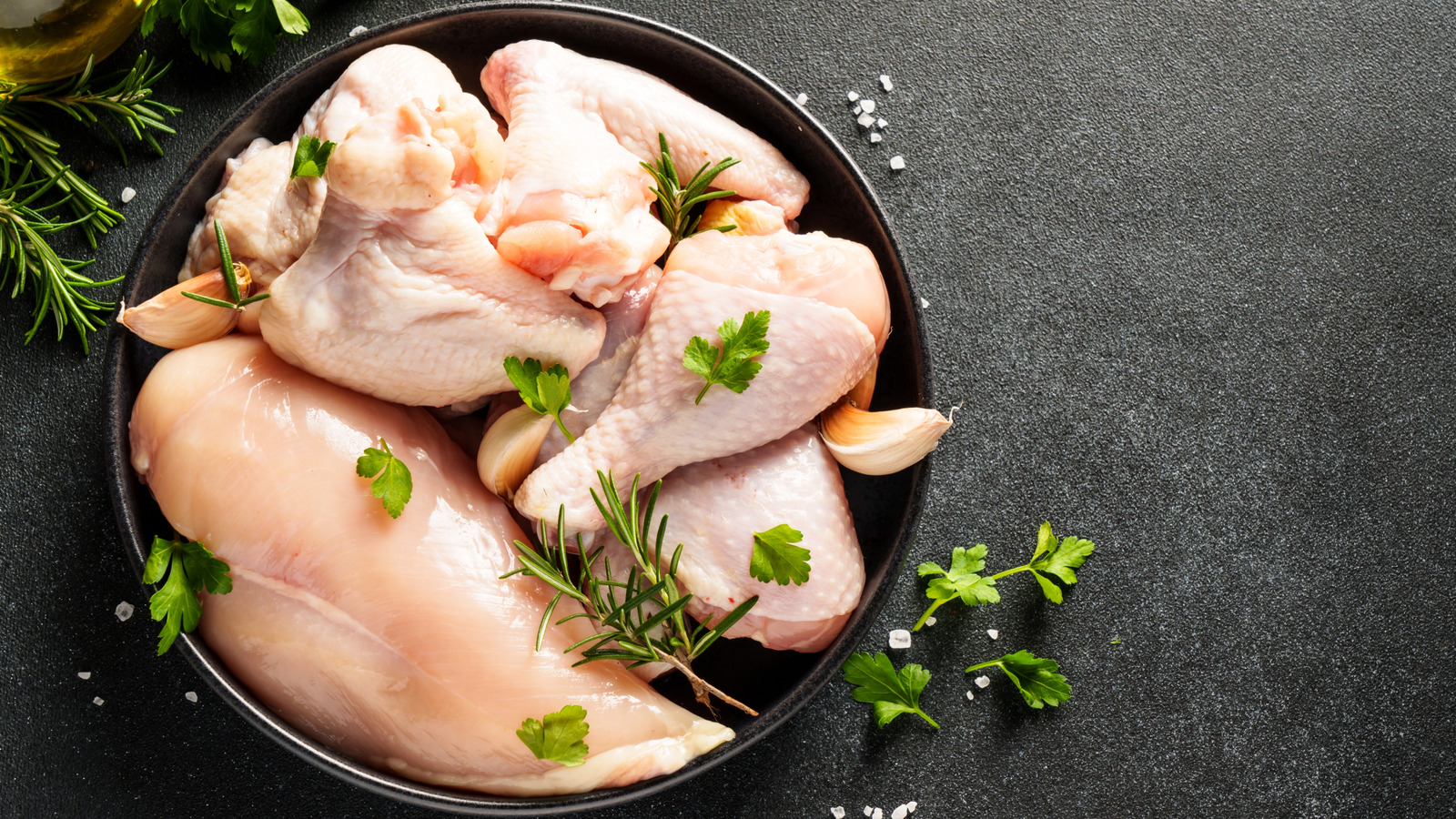 photographs by K. Synold; tmb studio
photographs by K. Synold; tmb studio
MYTH 1: Fresh fruits and vegetables are always healthier than canned, frozen or dried varieties. Despite the enduring belief that ‘fresh is best’, research has found that frozen, canned and dried fruits and vegetables can be just as nutritious as their fresh counterparts. “They can also be a money saver and an easy way to make sure there are always fruits and vegetables available at home,” said Sara Bleich, a professor of public health policy at Harvard University. One caveat: Some canned, frozen and dried varieties contain added sugars, saturated fats and sodium, so be sure to read nutrition labels and opt for products that keep those ingredients to a minimum. (Yes, that means you should skip the broccoli with the cheese sauce!) MYTH 2: All fat is bad. When studies published in the late 1940s found correlations between high-fat diets and high levels of cholesterol, experts reasoned that if you reduced the amount of total fats in your diet, your risk for heart disease would go down. By the 1980s, doctors, federal health experts, the food industry and the news media were reporting that a low-fat diet could benefit everyone, even though there was no solid evidence that doing so would prevent heart disease, obesity and other health issues. As a result, said Vijaya Surampudi, an assistant professor of medicine at the University of California, Los Angeles, Center for Human Nutrition, many people—and food manufacturers—replaced calories from fat with calories from refined carbohydrates such as white flour and added sugar. “Instead of helping the country stay slim, the rates of overweight and obesity went up significantly,” she said. In reality, not all fats are bad. While certain types, such as trans fats, can increase your risk for heart disease or stroke, healthy fats help reduce your risk. Examples include monounsaturated fats (found in olive oil, avocados, and certain nuts and seeds) and polyunsaturated fats (found in sunflower oil, walnuts, fish and flaxseed). Good fats are also important for supplying energy, producing important hormones, supporting cell function and aiding in the absorption of some nutrients. If you see a product labeled “fat-free,” don’t automatically assume it is healthy, Dr Surampudi said. Instead, prioritize products with simple ingredients and no added sugars. MYTH 3: ‘Calories in, calories out’ is the most important factor for long-term weight gain. It’s true that if you consume more calories than you burn, you will probably gain weight. And if you burn more calories than you consume, you will probably lose weight—at least for the short term. But research does not suggest that eating more will result in becoming overweight or obese. “Rather, it’s the types of foods we eat that may be the long-term drivers” of those conditions, said Dariush Mozaffarian, a professor of nutrition and medicine at Tufts University. Ultraprocessed foods—such as refined starchy snacks, cereals, crackers, energy bars, baked goods, sodas and sweets—can lead to weight gain. That’s because they are rapidly digested and flood the bloodstream with glucose, fructose and amino acids, which are converted to fat by the liver. Instead, the best way to maintain a healthy weight is to make the shift from counting calories to prioritizing healthy eating overall. That’s right: Quality over quantity. MYTH 4: People with type 2 diabetes shouldn’t eat fruit. This myth stems from conflating fruit juices—which can raise blood sugar levels because of their high sugar and low fibre content—with whole fruits. But research has found that this isn’t the case. Some studies show, for instance, that those who consume one serving of whole fruit per day—particularly blueberries, grapes and apples—have a lower risk of developing type 2 diabetes. And other research suggests that if you already have type 2 diabetes, eating whole fruits can help control your blood sugar. It’s time to bust this myth, said Linda Shiue, director of culinary medicine and lifestyle medicine at Kaiser Permanente San Francisco, adding that everyone—including those with type 2 diabetes—can benefit from fruit’s health-promo-ting vitamins, minerals, antioxidants and fibre. MYTH 5: Plant milk is healthier than dairy milk. “It’s just not true,” said Kathleen Merrigan, professor of sustainable food systems at Arizona State University and a former U.S. deputy secretary of agriculture. Consider protein: Typically, cow’s milk has about 8 grams of protein per cup, whereas almond milk typically has around 1 or 2 grams per cup, and oat milk usually has around 2 or 3 grams per cup. While the nutrition of plant-based beverages can vary, Merrigan said, many have more added ingredients—such as sodium and added sugars, which can contribute to poor health—than cow’s milk. MYTH 6: Potatoes are bad for you. Potatoes have often been vilified in the nutrition community because of their high glycaemic index, which means they contain rapidly digestible carbohydrates that can spike your blood sugar. However, potatoes can actually be beneficial for health, said Daphene Altema-Johnson, a programme officer of food communities and public health at Johns Hopkins University. They are rich in vitamin C, potassium, fibre and other nutrients, especially when consumed with the skin. They are also inexpensive and found year-round in grocery stores. To keep them healthy, stick to roasting, baking, boiling and air-frying. MYTH 7: Don’t feed peanuts to little kids. For years, experts told new parents that the best way to prevent their children from developing food allergies was to avoid feeding them common allergenic foods, such as peanuts or eggs, during their first few years of life. But now, allergy experts say, it’s better to introduce peanut products early on. If your baby doesn’t have severe eczema or a known food allergy, you can start introducing peanut products (consider peanut puffs, peanut powders or watered-down peanut butter, but not whole peanuts) at around 4 to 6 months, when your baby is ready for solids. Start with 2 teaspoons of smooth peanut butter mixed with water, breast milk or formula two to three times a week, said Ruchi Gupta, director of the Center for Food Allergy & Asthma Research at Northwestern University. If your baby has severe eczema, ask your paediatrician or an allergist about starting peanut products. “It is also important to feed your baby a diverse diet in their first year of life to prevent food allergies,” Dr Gupta said. MYTH 8: The protein in plants is incomplete. “ ‘Where do you get your protein?’ is the No. 1 question vegetarians get asked,” said Christopher Gardner, a nutrition scientist and professor of medicine at Stanford University. “The myth is that plants are completely missing some amino acids,” also known as the building blocks of proteins, he added. But in reality, all plant-based foods contain all 20 amino acids, including all nine essential ones. The difference is that the proportion isn’t as ideal as the proportion of amino acids in animal-based foods. So to get an adequate mix, you simply need to eat a variety of plant-based foods—such as beans, grains and nuts—throughout the day and eat enough total protein. “It’s easier than most people think,” Gardner said. MYTH 9: Eating soy can increase breast cancer risk. High doses of plant oestrogens in soy, called isoflavones, have been found to stimulate breast tumour cell growth in animal studies. “However, this relationship has not been substantiated in human studies,” said Frank B. Hu, chair of the department of nutrition at the Harvard T. H. Chan School of Public Health. So far, the science does not indicate a link between soy and breast cancer risk in humans. Instead, consuming soy-based foods and drinks—including tofu, tempeh, edamame, miso and soy milk—may even have a protective effect toward breast cancer risk and survival. “Soy foods are also a powerhouse of beneficial nutrients related to reduced heart disease risk, such as high-quality protein, fibre, vitamins and minerals,” Dr Hu said. MYTH 10: The best nutrition advice keeps changing. This is not the case, said Marion Nestle, a professor emerita of nutrition, food studies and public health at New York University, adding, “In the 1950s, the first dietary recommendations for prevention of obesity, type 2 diabetes, heart disease and the like advised balancing calories and minimizing foods high in saturated fat, salt and sugar. The current guidelines urge the same.” Yes, science evolves, but the bottom-line guidance remains consistent. As author Michael Pollan simply put it: “Eat food. Not too much. Mostly plants.” That advice worked 70 years ago, and it still does today. And it leaves plenty of room for eating foods you love. The New York Times (19 January 2023), Copyright © 2023 by New York Times Company.







 1 year ago
56
1 year ago
56










 English (US) ·
English (US) ·